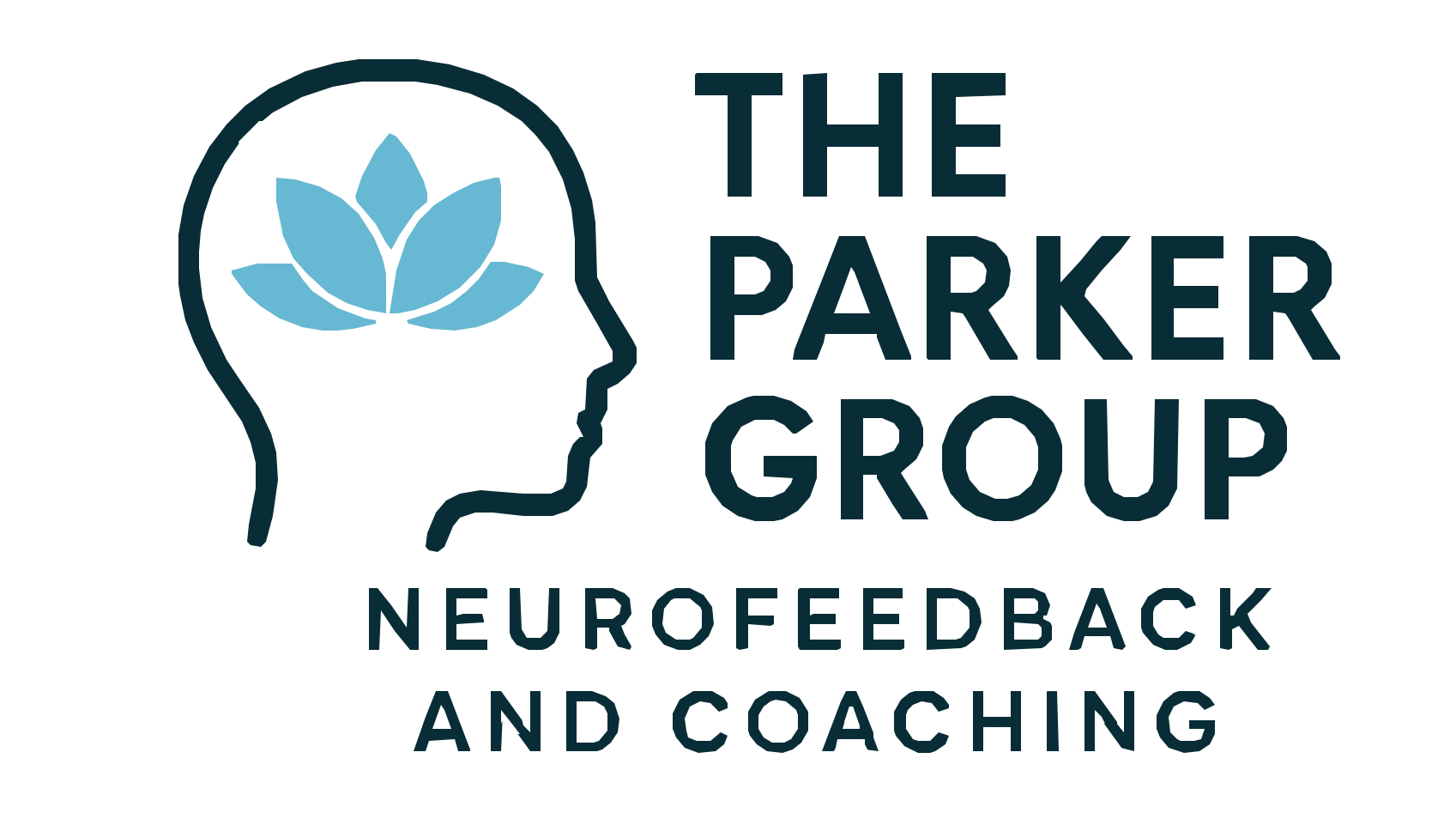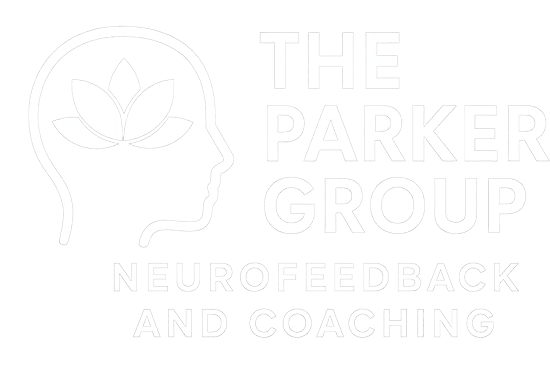Neurofeedback Alleviates ADHD Symptoms
Attention Deficit Hyperactivity Disorder (ADHD) affects roughly 6 million children across the United States. Often, these children experience difficulties with focus, impulsive behavior, and concentration. Stimulant medication is a standard treatment for those who have ADHD as a way to improve focus. Though pharmaceutical use is widespread, it does not work for all children and sometimes comes with adverse side effects, especially in the long term. We at the Parker Group feel that medicating young, developing brains may not be the best choice. Neurofeedback is a brain training program that offers promising results to adults and children without the use of medication or unwanted side effects.
Inside a brain with ADHD.
The brains of those with ADHD function differently from those who do not have ADHD. Individuals with ADHD have imbalances in the type and quantity of their brainwaves. For example, the front of the brain, which is responsible for concentration and organization, will often exhibit an excess of Delta and Theta brainwaves. These brainwaves are of a slower frequency and are typically found in higher quantities when someone is sleeping or in a state of deep relaxation. When these brain waves remain high while a person is in an active state, it is a clear sign that ADHD may be present. At the same time, the amplitude of Beta waves may be diminished, which is especially significant since frontal Beta waves are necessary for clear thinking and higher-level cognitive processing.
Using Medicine to Treat ADHD
Oftentimes, patients with ADHD are prescribed medications such as Adderall or Ritalin. These medications work by “speeding up” the brain, improving attention and focus. Medication can affect the entire body as it works throughout the bloodstream. Sometimes, these types of stimulant medications produce unwanted side effects. Patients can experience sleep disruptions, reduced appetite (a potential issue for growing children), depression, irritability, and other side effects. ADHD Medication can put a bandage on the problem, but it doesn’t change the root cause of the issue. Not only that, but it’s possible to develop a tolerance to the medication, which in turn creates the need for larger amounts of the medication to achieve similar effects. Or, in some cases, medication stops having any effect at all.
Using Neurofeedback to Treat ADHD
Neurofeedback is a medication-free, non-invasive, all-natural alternative for treating ADHD. It retrains the brain by exercising it to create and enforce optimal pathways, leading to clearer thoughts and a more balanced brain.
A typical neurofeedback session involves watching a video or listening to music while sensors on the scalp measure brainwave activity. As the brain reacts to visual and auditory stimulation, brainwaves are monitored, and in turn, direct the software to apply operant conditioning to the client by modulating the brightness of the video or the volume of the music. Through repeated practice, new, more efficient neural pathways are created and reinforced. By its nature, the brain strives for efficiency. For this reason, the new, more efficient patterns are gladly incorporated and become the new routine for the brain, so just like riding a bike, you never forget the training you receive with neurofeedback.
Start your neurofeedback experience with a free consultation.
The Parker Group utilizes neurofeedback training to assist patients throughout Tallahassee and the Forgotten Coast. If you have questions or would like to schedule a free evaluation regarding neurofeedback training, contact us online or call (850) 312-5531 to speak with a staff member today!




